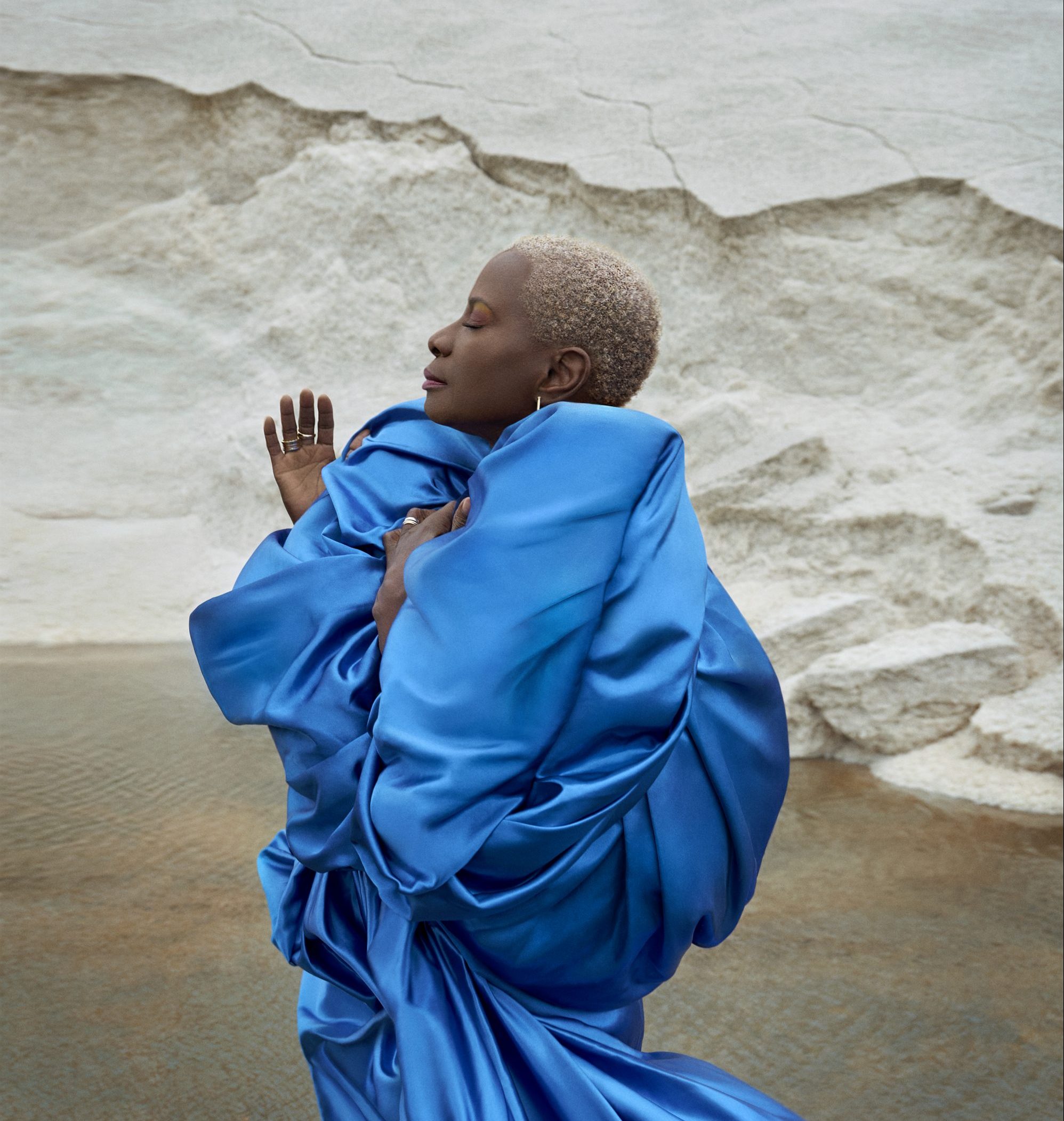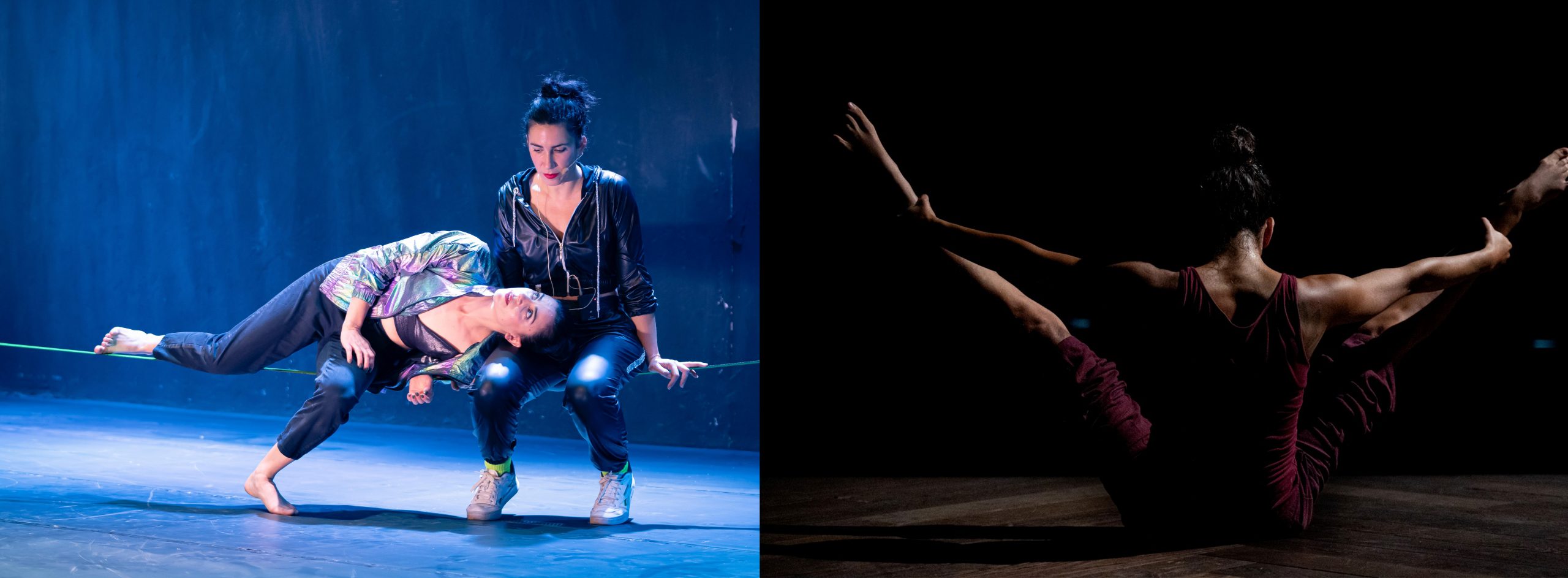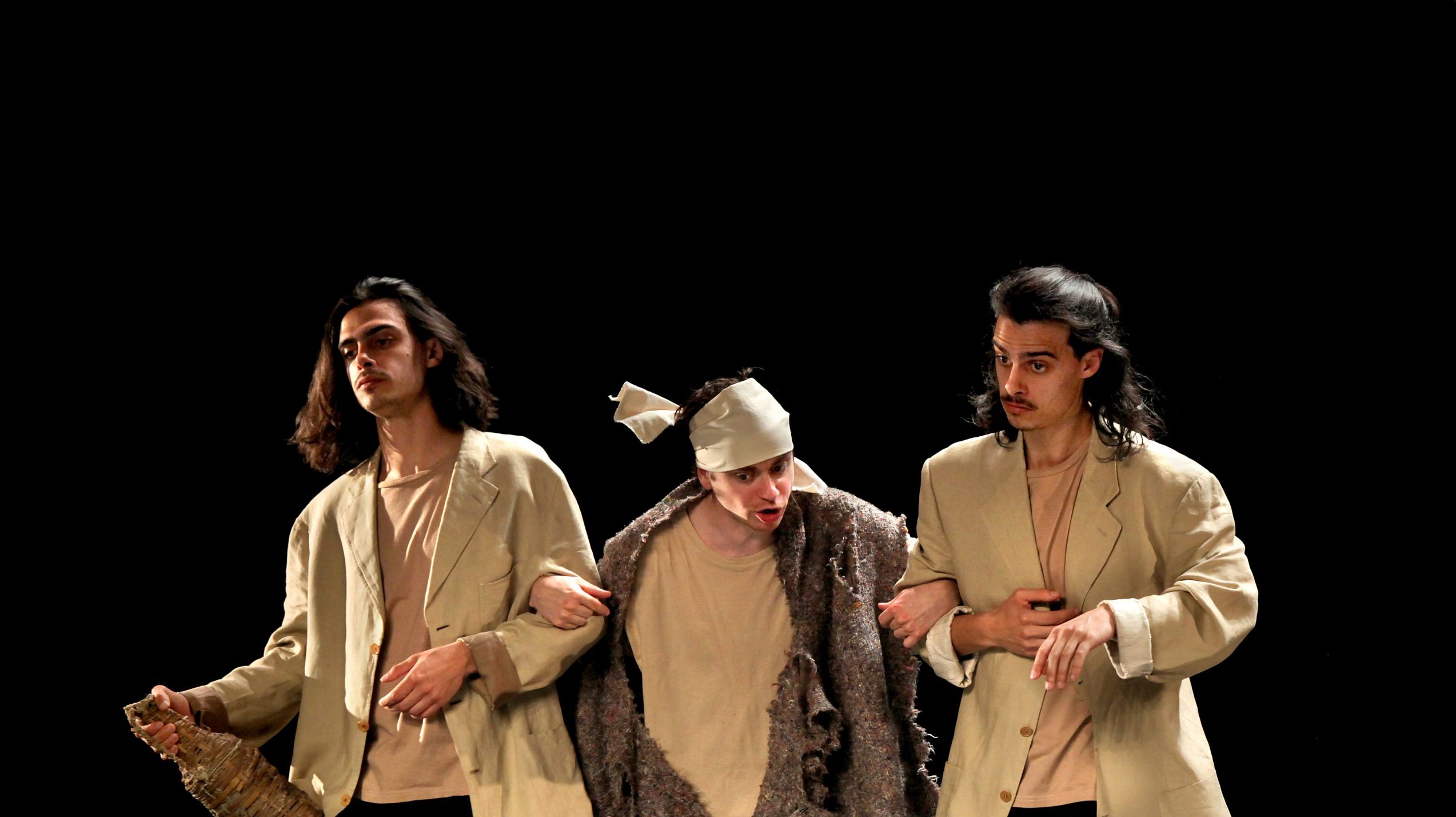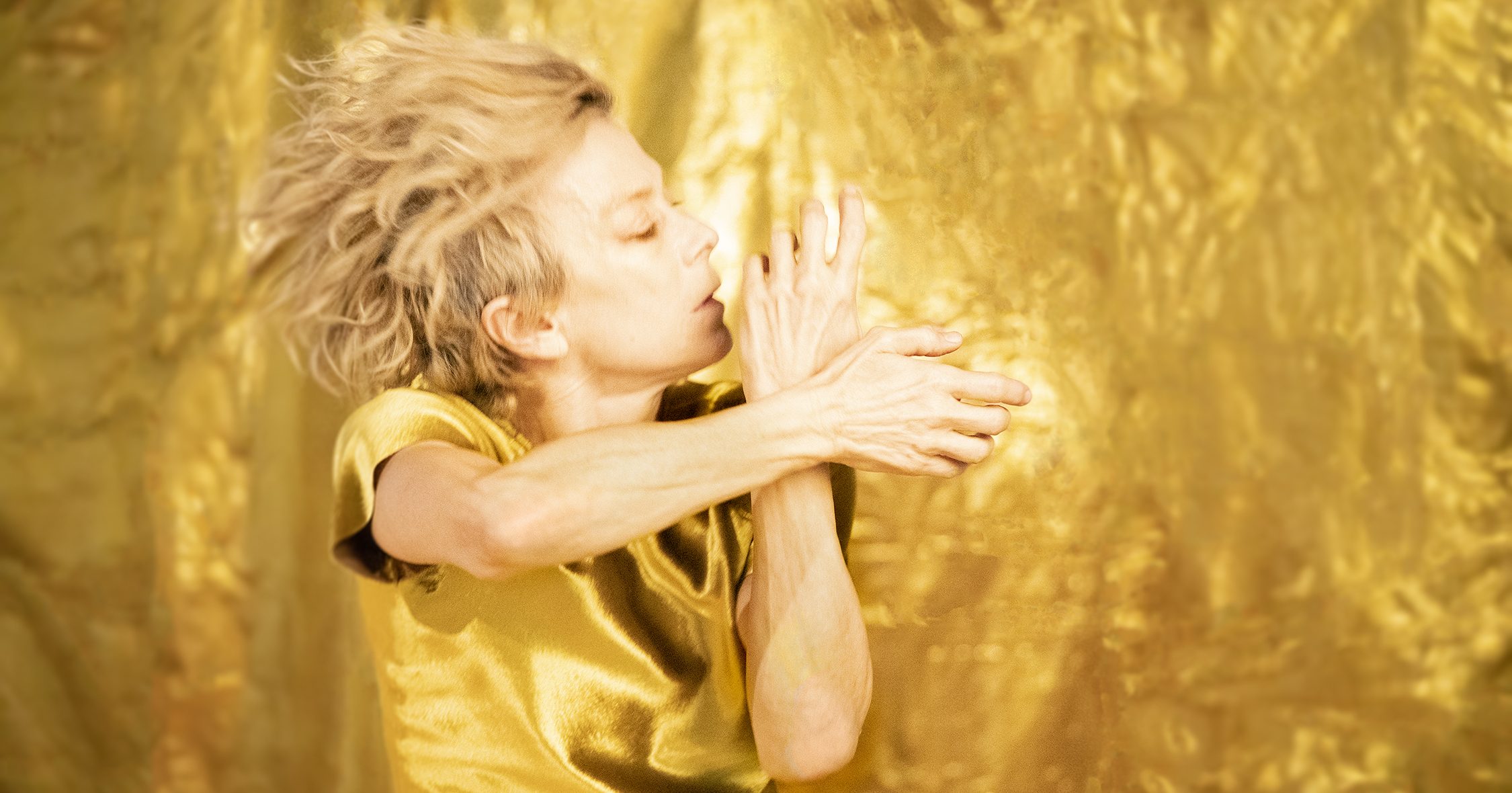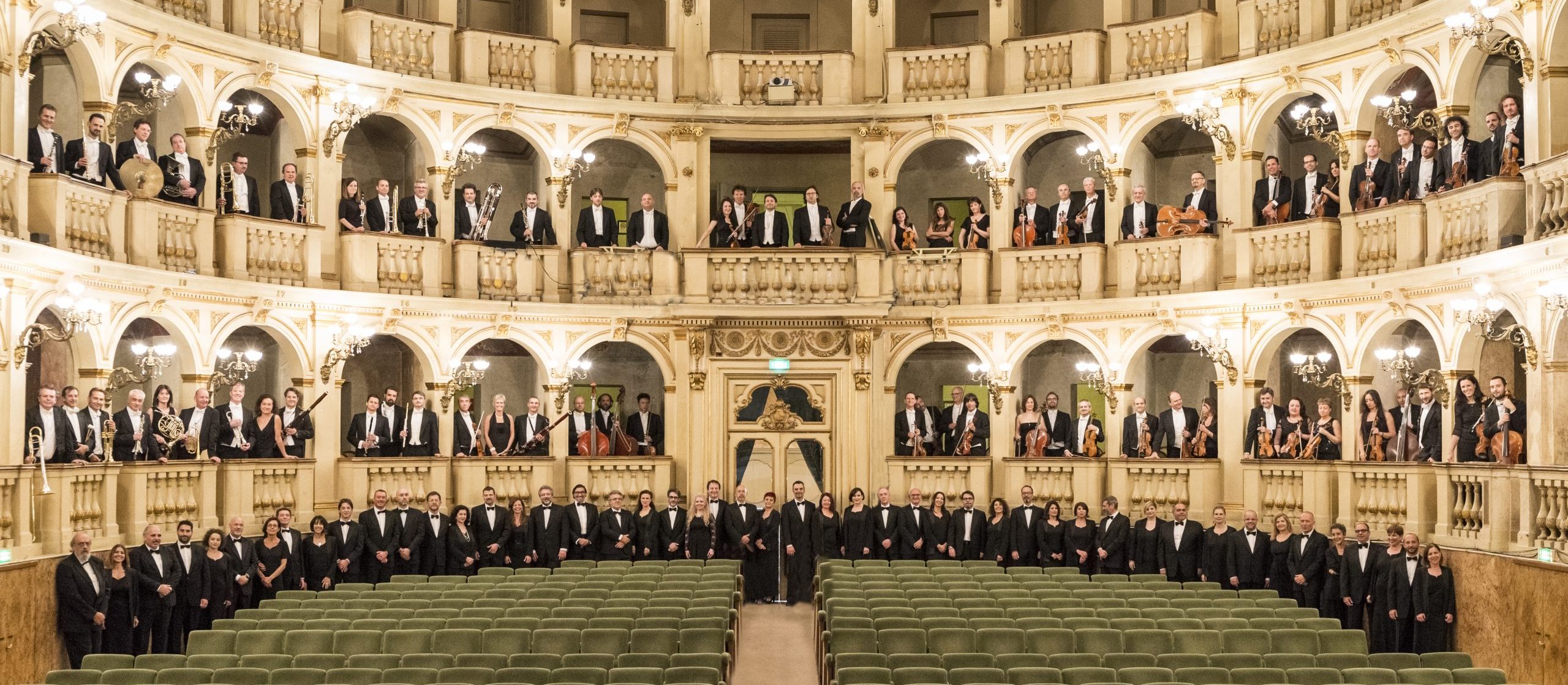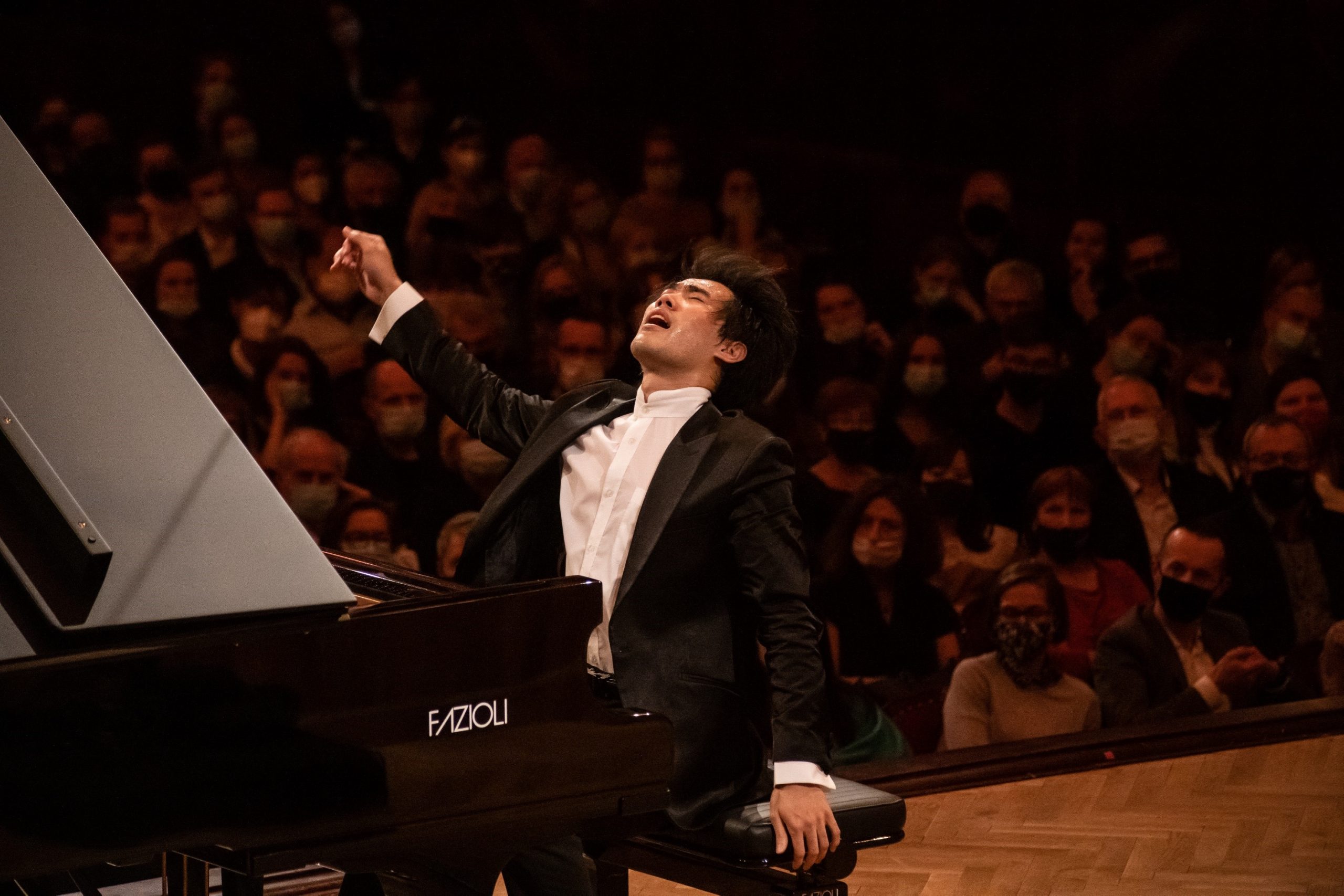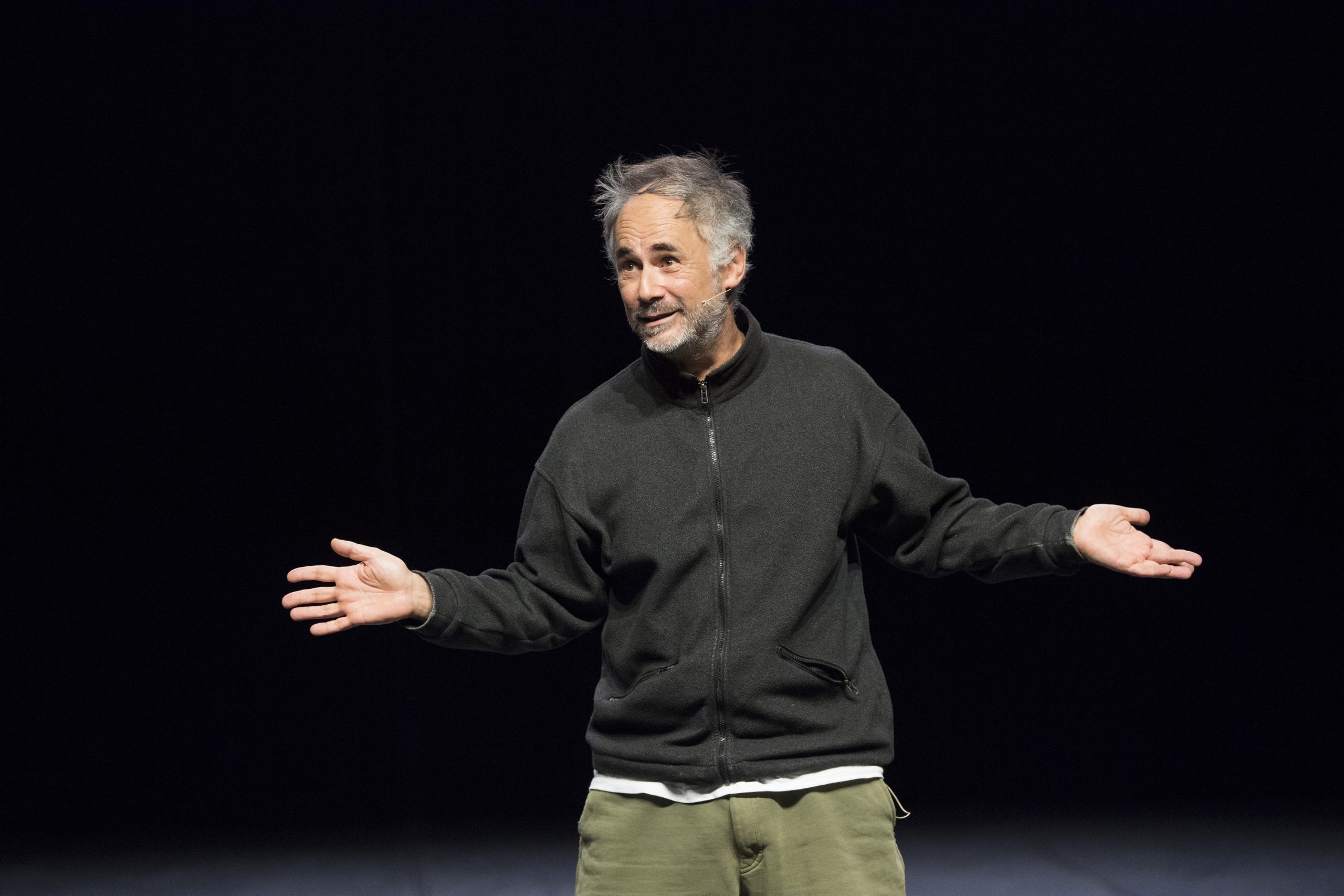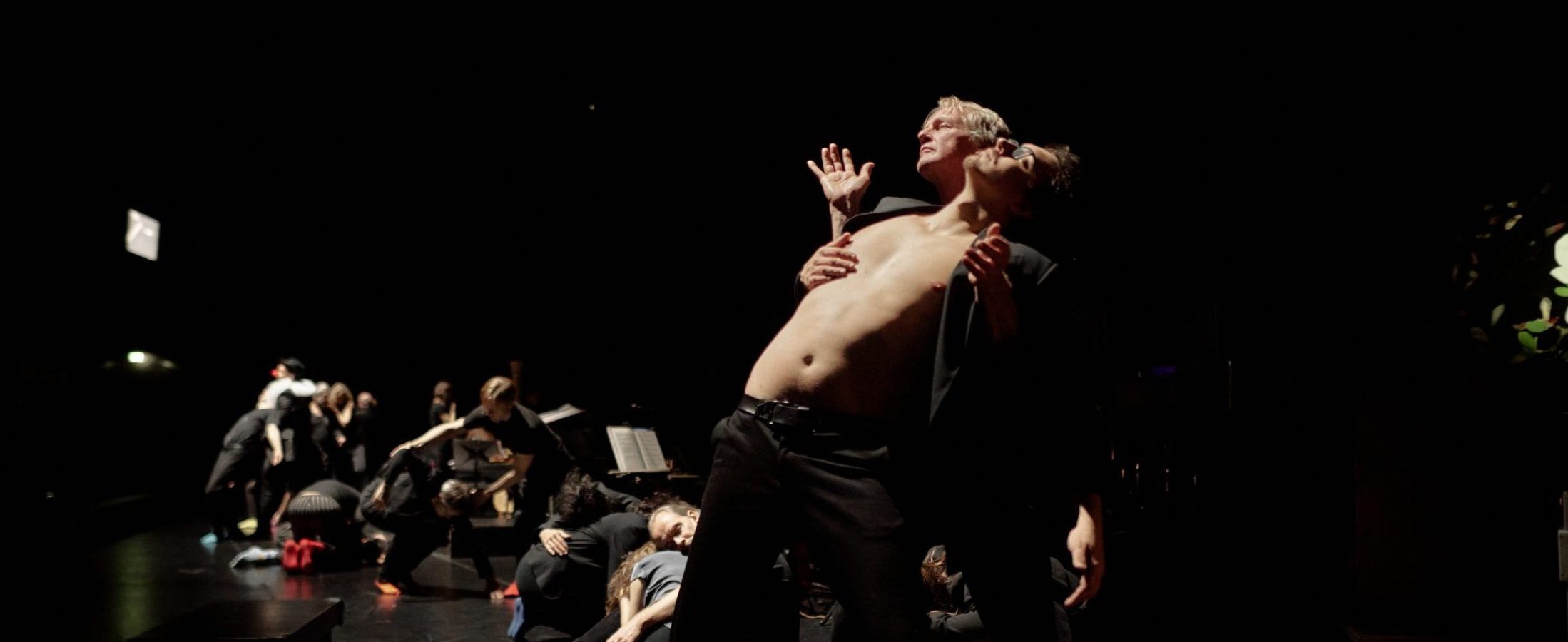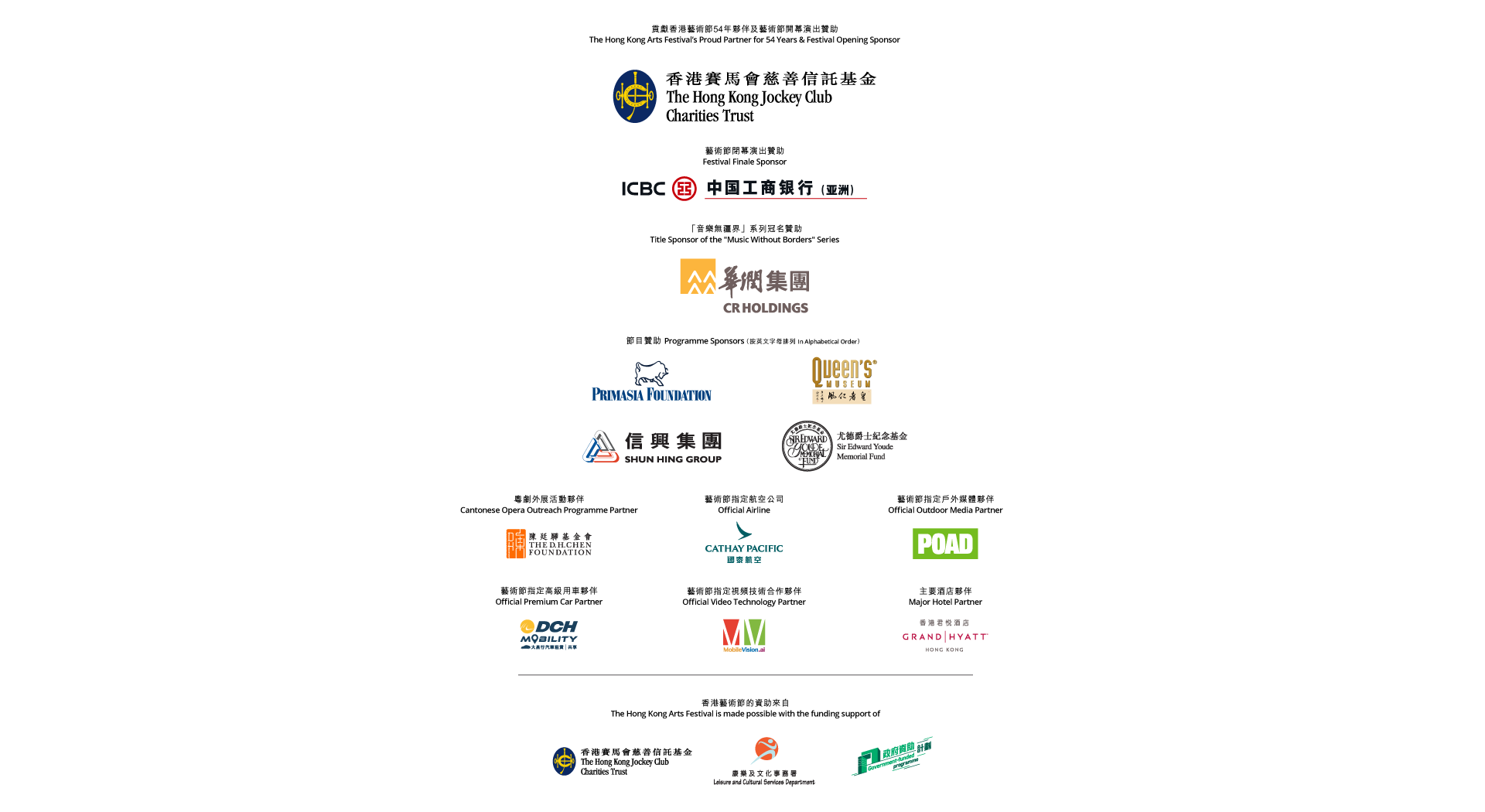If the world had shared a common language before the Tower of Babel, it would probably sound a lot like Angélique Kidjo. A speaker of eight languages (or 10, depending on which source you're reading), the Benin-born singer is known not only for her entrancingly versatile music, but also her nifty, seamless fusion of various languages that demonstrates her cosmopolitan vision.
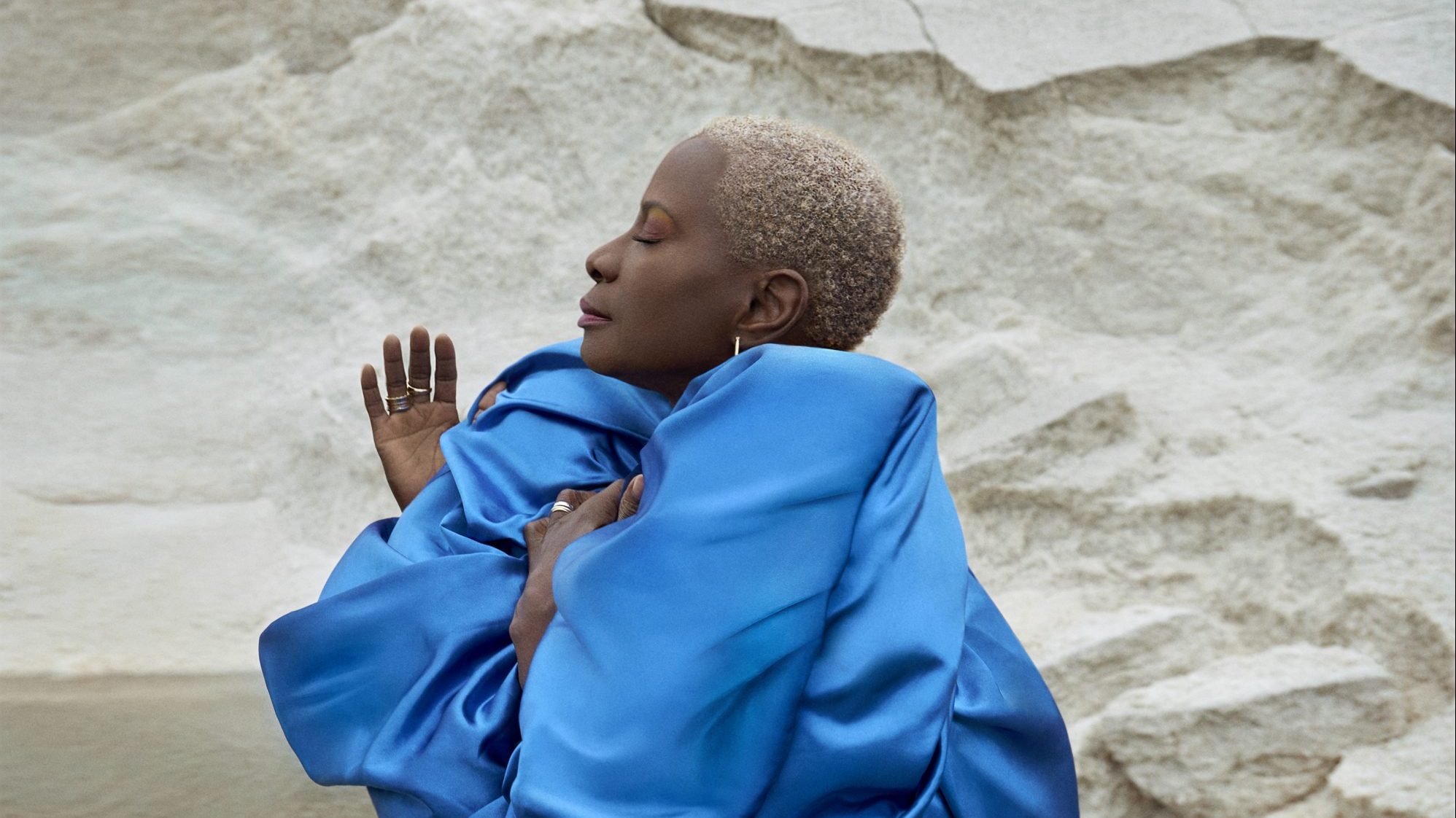
For Hong Kong audiences who grew up listening to Canto-pop music, Kidjo's bold mixture of languages may be slightly disorienting, as the emergence of Canto-pop in the 1970s is linked closely with the city's cultural identity and the Cantonese language itself.
But music remains the biggest—and primary—language for Kidjo, a language "beyond the colour of skin, country or culture". And Kidjo surely doesn't pick at her musical forebears. With an insatiable appetite, she gobbles up whatever music comes her way—Celia Cruz, Sam Cooke and The Beatles, just to name a few. And she was lucky enough, growing up in a family of music lovers, to be exposed to such varied sounds as Cuban salsa, American jazz, Cameroonian makossa and of course, her native Beninese music. Unabashedly eclectic in style, Kidjo never shies away from acknowledging her creative debt to an earlier generation of musicians, particularly Cruz and Miriam Makeba, who had an impact on a world that was not always kind to women—let alone black—artists.
From the 1960s' funk music that summarises the African-American identity, to the protest songs that railed against the Vietnam War, music has always been a powerful tool for social change. But few in the West have taken it as far as African musicians, whose activism is practically inseparable from their artistic personas. Fela Kuti, perhaps best known as the inventor of Afrobeat, used music as a weapon against neo-colonialism in Africa; while Makeba inspired an entire generation of African singers—including a young Kidjo—with her defiant, anti-apartheid spirit.
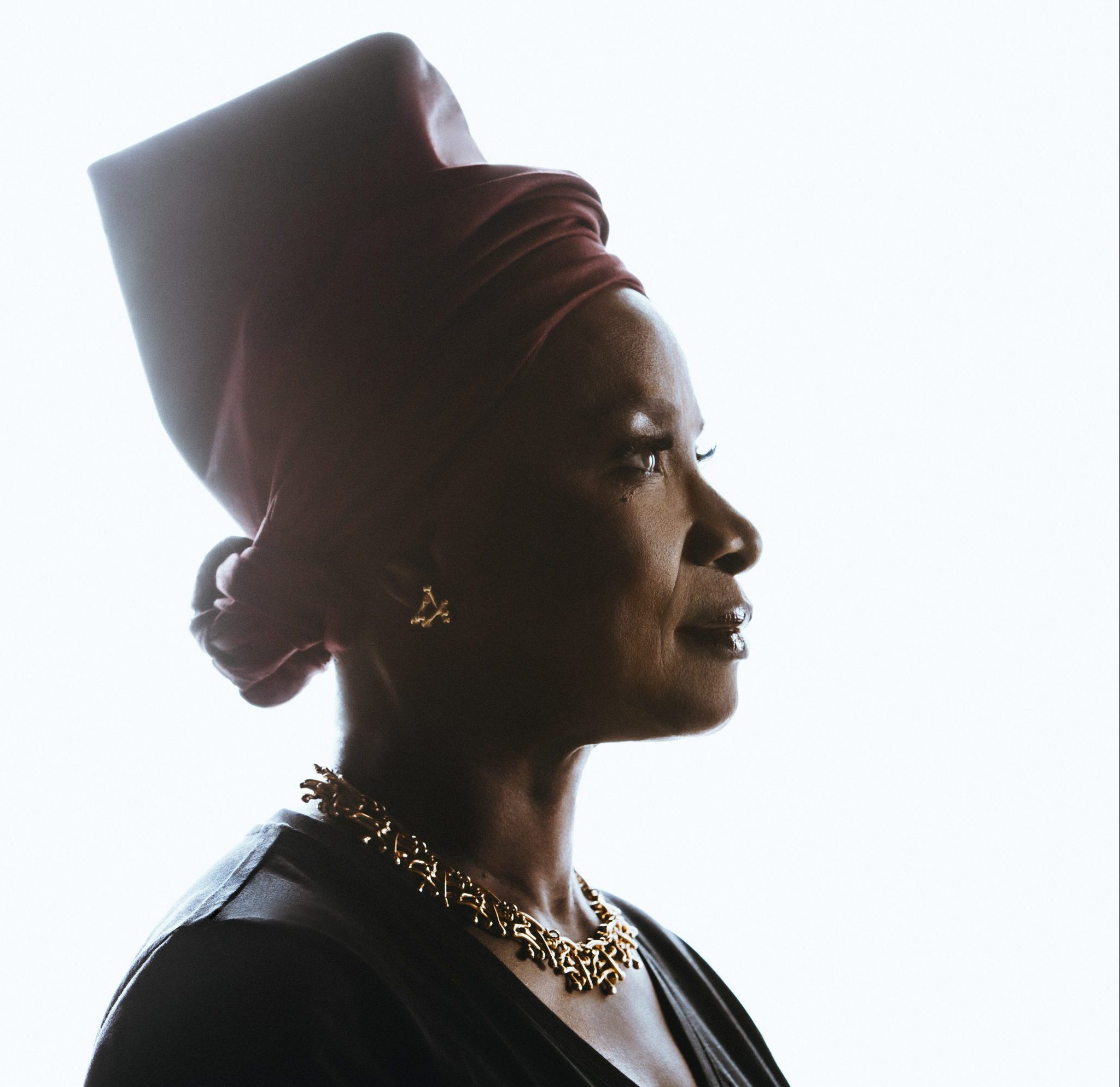
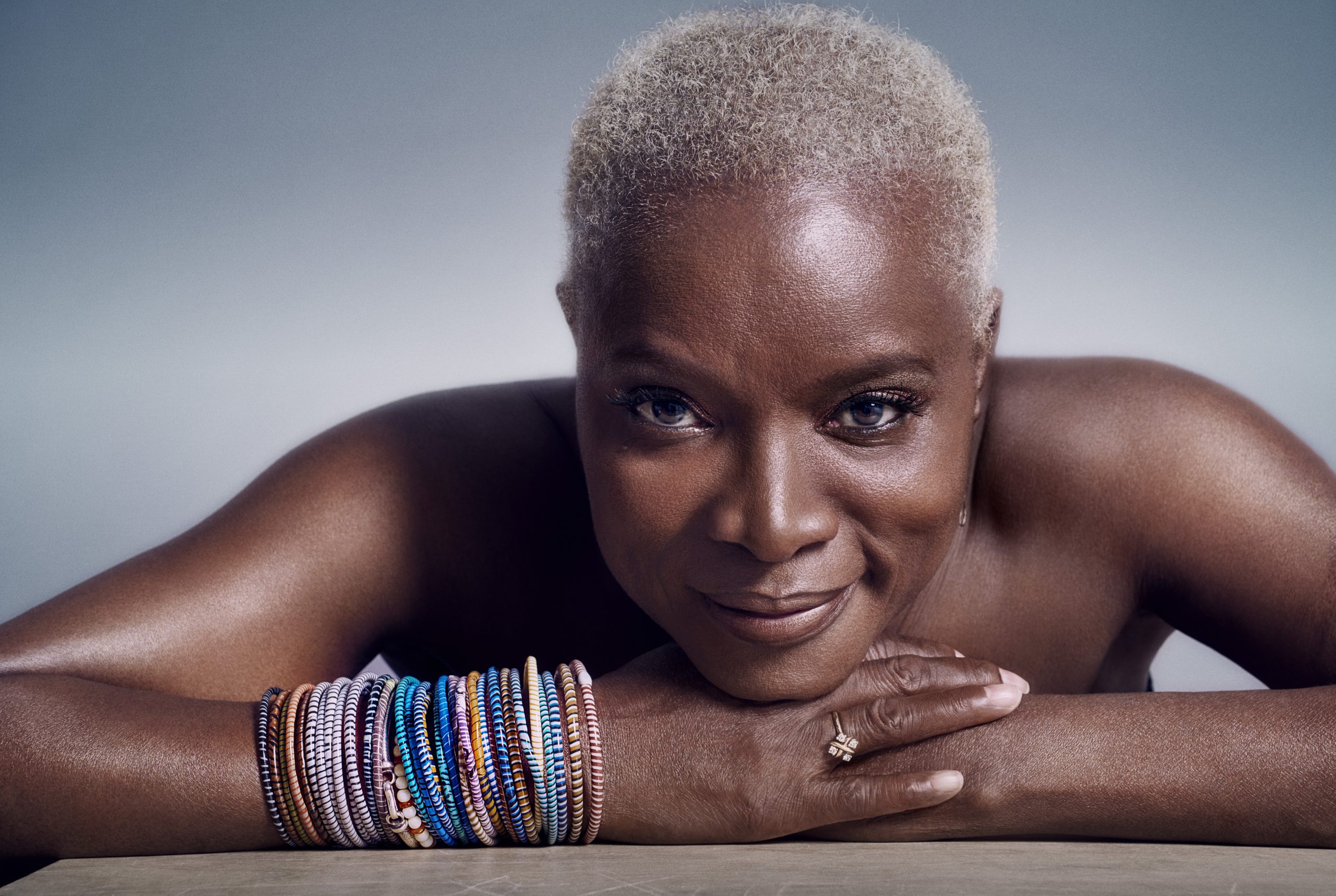
Now with her aptly titled album Mother Nature, which forms the basis of her 2024 performance at the Hong Kong Arts Festival, Kidjo seems ready to finally take the baton from Makeba, whose voice helped unite the people of Africa and won her the nickname of "Mama Africa".
Covering themes from climate change to self-empowerment, Mother Nature is the culmination of all that stands for Kidjo the artist, who left her home country in 1983 to avoid making propaganda music for the dictatorship of Mathieu Kérékou. She now makes music that condemns violence, and runs a foundation that champions girls' right to education in Africa.
And she is more than prepared to pass on the same baton. "It was really important to create this chain of transmission with this young generation of musicians who grew up with my music. It was mostly for them to understand that someday, when I'm no more, they can continue doing the same," she says in an interview. "We need our stories to be told."
Angélique Kidjo—Mother Nature
Date: 23-24 Feb 2024
Venue: Concert Hall, Hong Kong Cultural Centre
Details: https://www.hk.artsfestival.org/en/programme/Ang%C3%A9lique_Kidjo?


